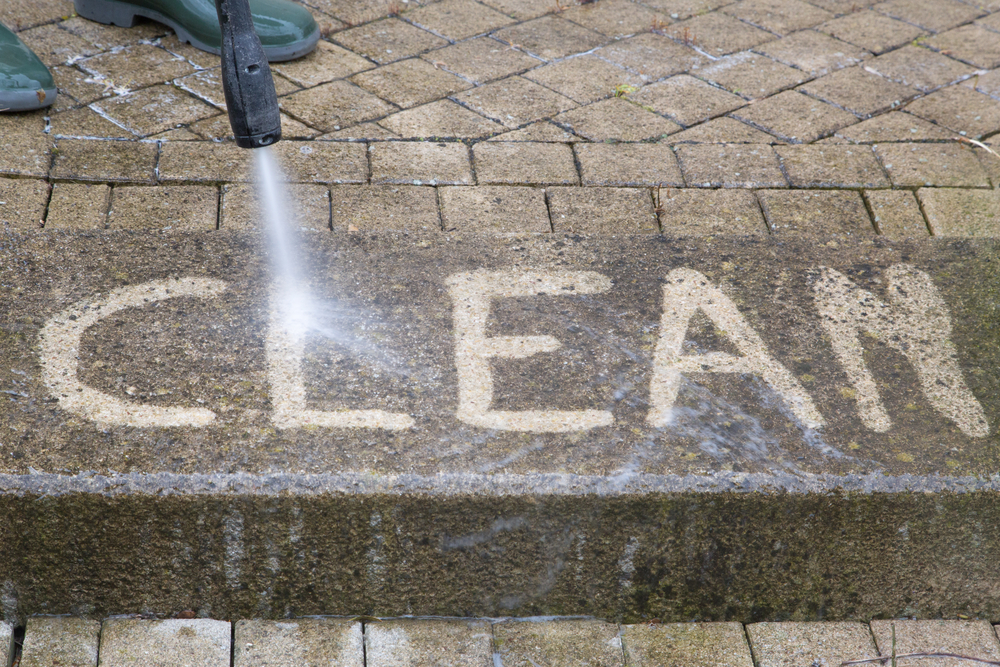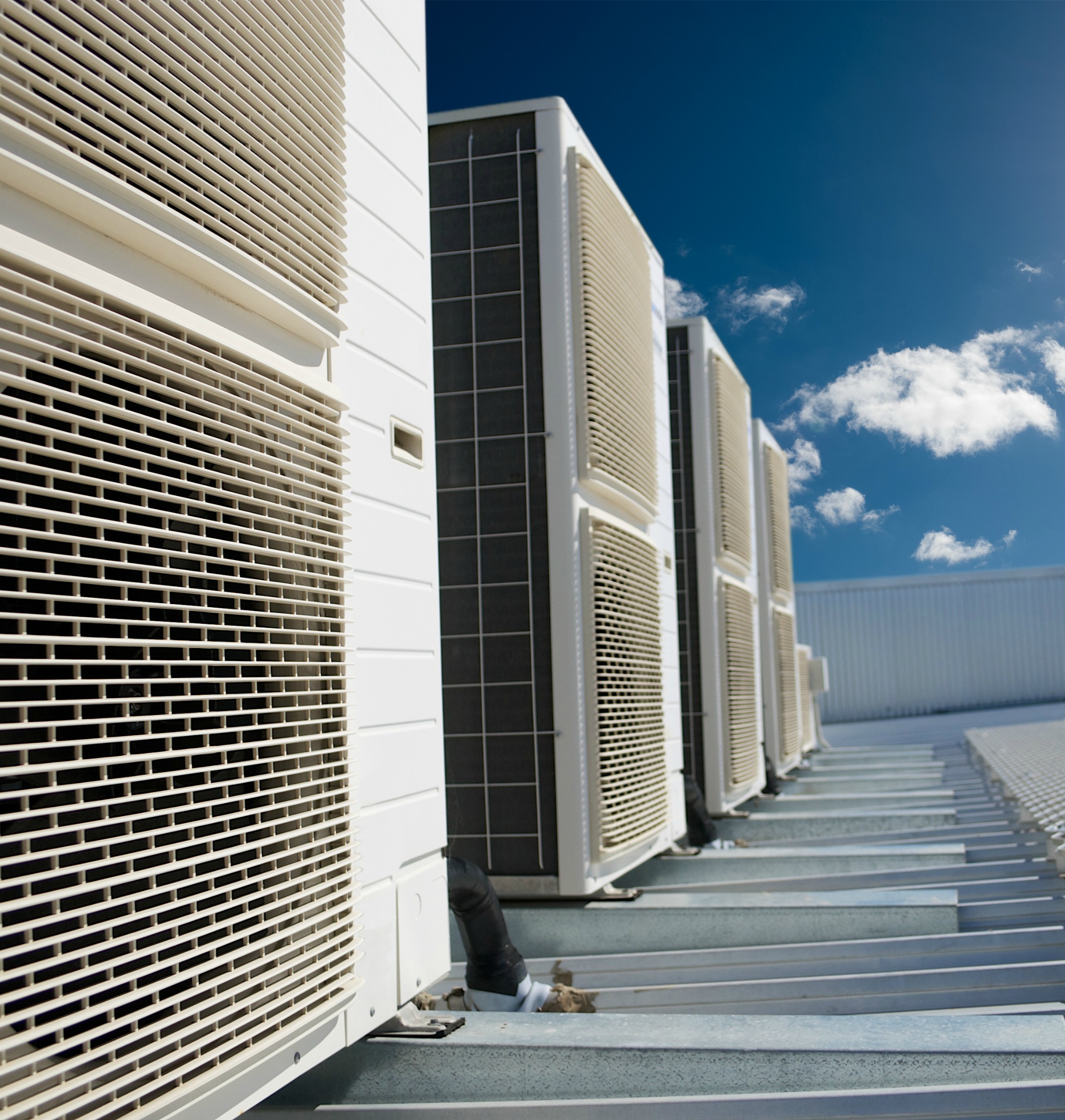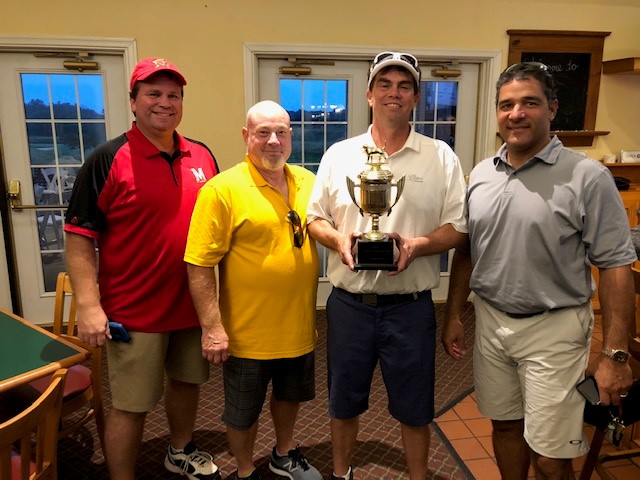Blog
View All Blog Postings
No Need For A Hazmat Suit
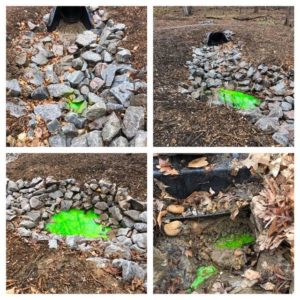 This is not a radioactive fluid spill! We just used a fluorescent green biodegradable dye to see if water was flowing under, rather then through the culvert. It turned out that water was flowing under the pipe through the gravel setting bed. We have more dye left if you need to know where water is coming from or going to.
This is not a radioactive fluid spill! We just used a fluorescent green biodegradable dye to see if water was flowing under, rather then through the culvert. It turned out that water was flowing under the pipe through the gravel setting bed. We have more dye left if you need to know where water is coming from or going to.
Birds Of A Feather
 Alfred Hitchcock had bird issues (especially seagulls), but in the Baltimore-Washington area, the most common pest birds are pigeons, house sparrows, and starlings. These birds are undesirable if they land, roost, and nest on or in our buildings because they bring unwanted noise, odor, and often disease. Plus, no one likes their deck, patio, lawn furniture, or other belongings adorned with bird droppings.
Alfred Hitchcock had bird issues (especially seagulls), but in the Baltimore-Washington area, the most common pest birds are pigeons, house sparrows, and starlings. These birds are undesirable if they land, roost, and nest on or in our buildings because they bring unwanted noise, odor, and often disease. Plus, no one likes their deck, patio, lawn furniture, or other belongings adorned with bird droppings.
If you’ve ever tried getting rid of pest birds, you probably know that they annoyingly adapt to many control methods and won’t go away without a fight. After all, they’re called “pests” for a reason. So how do you win this battle and get them to leave for good? You have to think like the bird. Birds seek flat, unobstructed roosting surfaces and they are looking for food. If you take these two things away, they’ll find somewhere else to go.
To reduce or eliminate surfaces on which pest birds roost (i.e. ledges, railings, parapets, awnings, etc.) you should consider installing one or more physical barriers, which typically include spikes (plastic or metal), netting, and electric barriers. Physical barriers are humane, eco-friendly and cost-effective solutions that have high success rates. Spikes and netting are inexpensive and easy to install, but are best suited for hidden areas or where building aesthetics is not a priority. Wires and electric barriers (low-voltage, non-lethal) are less obtrusive and often virtually invisible.
Another great way to make flat roosting surfaces unavailable is to cover them with wood or metal sheathing at a 45° or steeper slope. If you are considering a roof or façade repair/replacement project, this would be the perfect time to implement these methods.
Other bird control systems like sound, traps, aversion chemicals and killing are inhumane, expensive, temporary, and/or ineffective options. We and the Humane Society do not recommend them. As for plastic owls and hawks, they only work on the stupid birds. Savvy city birds aren’t fooled.
The last thing to do to keep birds away is limit availability to food. Implementing better trash management and asking residents to not feed them are two ways to encourage birds to inhabit other areas.
Since every building has its own unique roosting sites and bird access, there is no “one size fits all” bird control option. Be sure to have a qualified professional discuss with you which options are the most appropriate for your building and goals
It’s Official!
RCI, Inc. is now IIBEC.
Today, a nonprofit association originally incorporated in 1983 as the Roof consultants Institute (RCI), officially becomes the International Institute of Building Enclosures Consultants. (IIBEC; pronounced eye-bec) This refreshed brand has been designed to accurately represent the services and value of the organization, and in turn, that of its members.

Ready For a Rainy Day!
Nothing like a rainy day to see how one of our drainage projects is performing. The channel is not done. We still need some plants to finish the step pools to make the swale look even prettier.
Paving Fabric Woes
 We have found paving fabrics to be very useful in pavement rehabilitation. However, it’s important to apply a proper thickness of asphalt over the fabric or premature failures can occur.
We have found paving fabrics to be very useful in pavement rehabilitation. However, it’s important to apply a proper thickness of asphalt over the fabric or premature failures can occur.
The photograph illustrates what often happens when a thin layer (less than an inch and a half) is applied over paving fabric.
Ron Brookman, our pavement expert, would be happy to discuss any pavement concerns you many be facing this Spring. Send him your questions at: rbrookman@etc-web.com
Bridge Ices Before Road
 Have you ever seen that yellow sign before driving over a bridge that says, “Bridge Ices Before Road” and wondered why? A major reason is that cold air surrounds the bridge from above and below, which means that heat within the bridge deck is lost from all sides. Roadways, however, are protected by the ground below which helps trap in heat.
Have you ever seen that yellow sign before driving over a bridge that says, “Bridge Ices Before Road” and wondered why? A major reason is that cold air surrounds the bridge from above and below, which means that heat within the bridge deck is lost from all sides. Roadways, however, are protected by the ground below which helps trap in heat.
Another reason is that bridges are often constructed with concrete and roads are typically paved with asphalt. Asphalt pavement is much less dense than concrete which means that the asphalt absorbs heat much better than concrete because the heat can penetrate deeper into the pavement. Additionally, asphalt pavement will retain the heat better than concrete and lose trapped heat more slowly than concrete as the ambient temperatures fall.
Continuing Education Credits!
Look forward to seeing you there. Sign-up today!
Landscape Infiltration Devices
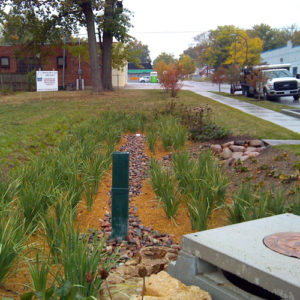
As with the traditional sediment ponds, the landscape infiltration devices require maintenance to ensure that they function properly. Typically, this includes routine weeding, replacing dead plants and maintaining the mulch bed.
Ev-Air-Tight With The Win!
They did it again! EV-Air-Tight is the winner of the 2nd Annual ETC Canine Invitational.
Since the only prize is a plastic trophy and bragging rights (all proceeds go to CCI) we’re giving EV-Air_Tight a big shout-out for their outstanding golfing abilities, as well as, their big, generous hearts for donating to such a worthy cause.
Well done gentleman. Hope you will be back next year to defend your title.
Honorable mention to our golfing friends & contributors: Culbertson, CP&R, CWI, CWS, East Coast, Exterior Medics, Function & NVM – Enjoyed the day
For more information on CCI, please visit: www.cci.org
Teaming with Others
Always nice to collaborate with others in the industry. Outstanding work by ETC’s Chief Structural Engineer, Chris Carlson, PE and Project Engineer, Luke Valentine, PE. Job well done!
ETC Announcement
ETC is pleased to announce a forthcoming change in ownership.
Since its inception, nearly 4 decades ago, Joe Shuffleton has been owner and president. Through his leadership, ETC has grown to be a highly-reputable engineering and architectural firm specializing in the restoration and rehabilitation of existing commercial structures in the Washington-Baltimore metropolitan area. Mr. Shuffleton successfully guided the growth of his team that now spans three, multi-state offices.
Five individuals comprise the new ownership group. Mr. Shuffleton has, without reservation, come to trust and depend upon these induvial for many years.
- Chris Carlson: With over 30 years’ experience, the last 12 as our chief engineer, he is the key technical person behind our entire structural team.
- Mindy Maronic: With over 20 years of marketing & client relations experience, she has brought our company to the forefront of business excellence.
- Kirk Parsons: Our vice president of operations for over 20 years, he has played a vital role in building company growth and client loyalty
- Bobby Radcliff: The newest member of the group, with 10 years at ETC, he is also a talented, lead engineer with strong business acumen.
- Jeff Shuffleton: Our technology and administrative director, he has assured clients accurate and efficient company procedures for the past 15 years.

Under the new leadership, the plan is to keep the company’s direction true to Mr. Shuffleton’s vision:
ETC has no desire to be the biggest firm; however, we do strive to be known as the best. To that end, the needs of each assignment are analyzed and matched to the capabilities of our high caliber technical staff. We will not take on any project if we do not have the competence required or if for any other reason we are unable to meet client expectations.
Joe Shuffleton will stay on for a period of time to gently guide the company through the transition. He will also serve as both a consultant & ambassador, watching ETC as it thrives under its new leadership.
5 Signs Your AC Compressor Is Malfunctioning
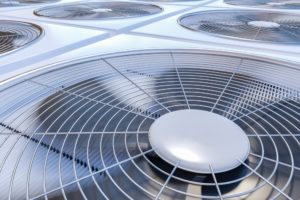
Moisture around outdoor unit
If moisture or puddle is found on any section around the outdoor unit, this could be a sign that the compressor is leaking refrigerant. A refrigerant leak can pose serious safety issue that can contaminate the airflow and cause occupants to experience headaches, coughing, irritated eyes, nausea and more. Eventually, the unit will fail as the refrigerant needed to generate cool air is depleted.
Unusual noise
Does your outdoor unit generate louder noise than usual? Do you hear any ticking or chattery noises when the unit is turned on? These symptoms could give a clear indication that the compressor motor has become loose and is rattling around inside the unit, or the electrical components are wearing out and need replacement.
Excessive vibration of outdoor unit
If your outdoor unit is shaking violently the moment it turns on, it is very likely that the compressor motor is malfunctioning and need a new replacement.
Circuit breaker tripping
Does your AC outdoor unit keep losing power and tripping the circuit breaker? This is a sign that your compressor is overloading by drawing too much power and thus becomes overheated. Therefore, a professional inspection should be performed to accurately remediate the problem.
Higher than normal temperature
Is warm air coming out of your vents while the AC is on? A failing compressor can struggle to pump refrigerant and keep it circulating throughout the system, causing inadequate cooling power.
If you have a building that needs HVAC evaluation, or are just curious to know if your system is functioning properly, ETC has the first-hand experience to provide professional inspection and consultation regarding technical problems, as well as methods to correct them.


